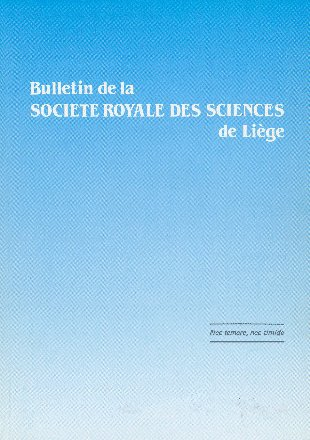- Startpagina tijdschrift
- Volume 86 - Année 2017
- Special issue
- Toni Morison’s Beloved as a Minor Art Practice: A Deleuze-Guattarian Reading
Weergave(s): 1470 (0 ULiège)
Download(s): 899 (4 ULiège)
Toni Morison’s Beloved as a Minor Art Practice: A Deleuze-Guattarian Reading

Documenten bij dit artikel
Version PDF originaleAbstract
Toni Morrison’s acute perception and treatment, in her novels, of the human and the postcolonial condition and her proposition of a problematics of individual and communal personhood have astounded contemporary readers and critics alike. This article aims to provide a Deleuze-Guattarian analysis of the workings of human relationships, human captivity and experiential writing in capturing the encounters between a sense of the self, a sense of the other and a remembrance of the past in Toni Morrison’s Beloved. In this line, I argue that the text of Beloved instigates a formalistic deterritorialization of the English language by pushing it to the verge of non-signification. Through depicting a confrontation between traumatized ex-slaves and the haunting memories of captivity in the past, Beloved constitutes a minor art practice that gives rise to non-identitarian modes of self-conception and emancipatory lines of flight. I will also discuss how the clash between a dominating imperialist discourse with its claims to rationality and pragmatism on one hand and a specifically African-American worldview with a more open and inclusive perception of life’s real possibilities on the other leads to the formation of multiple and heterogeneous assemblages of reality, memory and thought against pre-determined and ethnocentric values of being, identity and privilege. This marks Morrison’s attempt in building up a cornerstone of minoritarian writing, a minor literature, in the Deleuze-Guattarian sense of the term.






